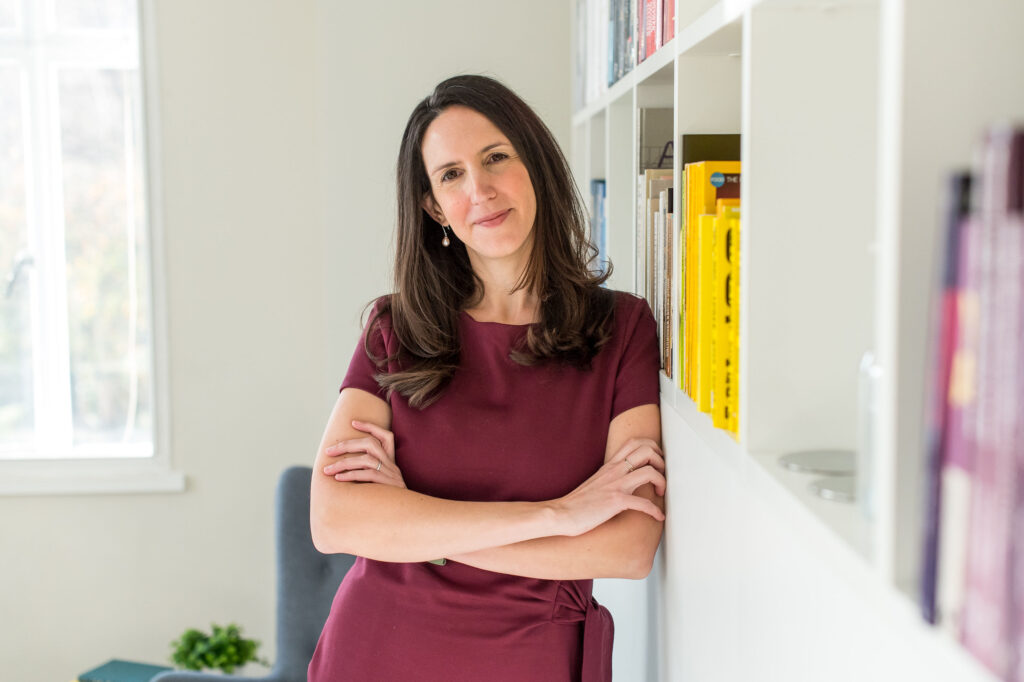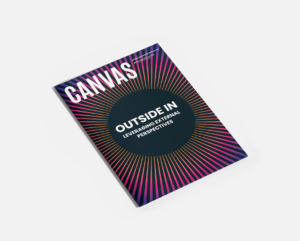
Past, Present and Future – how you came to be at Saxton Bampfylde
Like many, I came into executive search by fortunate accident. I had done a PhD in Victorian Culture in the United States and, having enjoyed a (wonderful) short stint as a Lecturer here in the UK, was looking for a more stable alternative path to academia. In search I found a way of continuing to work with a sector I feel at home in and am passionate about. I came to Saxton Bampfylde after eight years at another search firm and will all too soon be approaching my second year anniversary, which I find extraordinary!
What is your role and focus in the higher education practice group?
I have always enjoyed working across the whole university and higher education ecosystem. I think it’s so important to have a comprehensive understanding of the various roles, functions, and people that, together, make universities tick, I have found it invaluable to have that breadth of perspective. That said, I have always found it especially rewarding to work with clients on roles that resonate with my own academic interests and experience – the search for the LSE’s Director of Research and Enterprise, where finding candidates who understood the research challenges distinctive to SHAPE subjects was key, comes to mind as a recent example. As well as new roles and initiatives where there is an opportunity to help shape the brief and work in close partnership with the client.
What in your view makes a good leader in higher education?
I think now, more than ever, there is a need for HE leaders to be receptive and able to lead through and deliver change. We need leaders that – very simply put – people can believe in and be willing to follow. Leaders need to be attentive to the external environment, of course, and creative in seeking out new pathways and solutions, but without this quality, it’s very easy for the best strategic plans to remain just that. The most impressive leaders I have come across exude a sense of authenticity in the way they communicate and relate to their colleagues, and are able to hold ambitious ideas alongside a sense of pragmaticism and understanding of how challenges are felt ‘on the ground.’
What about the higher education sector interests you most?
Despite the many challenges the sector faces, I still think universities are some of the most exciting places on earth. Working with organisations whose business it is to make discoveries about the world we live in, disseminate knowledge, and come into contact with, frequently, but not always, young people at really formative and critical time in their lives, is such a privilege. I think universities should hold a real pride of place in the UK, and their value – both reputational and economic – is woefully underestimated. Despite these difficulties, the sector continues to attract some of the best and most curious minds – even with tough competition – which makes me hopeful for the future.
You have lived (and worked) internationally– has this influenced your perspective on executive search?
I had a very international upbringing because of my father’s profession, and the exposure to different cultures and languages has certainly shaped who I am and the perspective I bring to work. Having worked in both the American and UK academic systems has also been helpful, as I have a sense of what makes the UK sector distinctive but also an awareness that there are other models with their own advantages and disadvantages. It is always valuable to be mindful, in my view, that there are other ways of doing things.
What are your passions outside of work?
I really love walking. Before we had our children my husband and I would walk for hours along the Thames almost every weekend. With small children, opportunities for this are rather more limited, but we are working on their stamina! I’m also a huge fan of tennis – both watching and playing – whenever I can fit it in.
With the choice – pop on a podcast or bury your nose in a book? Please share any good recommendations!
Both. I love a podcast while cooking or walking but it’s no replacement for reading. Some classics over the years have been Freakonomics and 99% Invisible, and I really enjoyed Esther Perel’s How’s Work?, which always felt a little bit like eavesdropping, but I thought gave fascinating insight into the personal ‘baggage’ that people can bring to work. Current favourites include The Rest Is Politics and The Wonkhe Show for a bit of HE sector discussion.
My reading habits are also quite broad, the last few books I’ve read are Neurotribes, about the history of autism, The Authority Gap, about the persistent differences in how women are perceived in relation to authority, and The Exhibitionist, about a dysfunctional family steeped in the world of art. The books I have returned to over and over again over the years, however, usually take me back to my academic roots –Mary Elizabeth Braddon’s Lady Audley’s Secret and Bram Stoker’s Dracula.
Get in touch with Dr Eugenia Gonzalez
